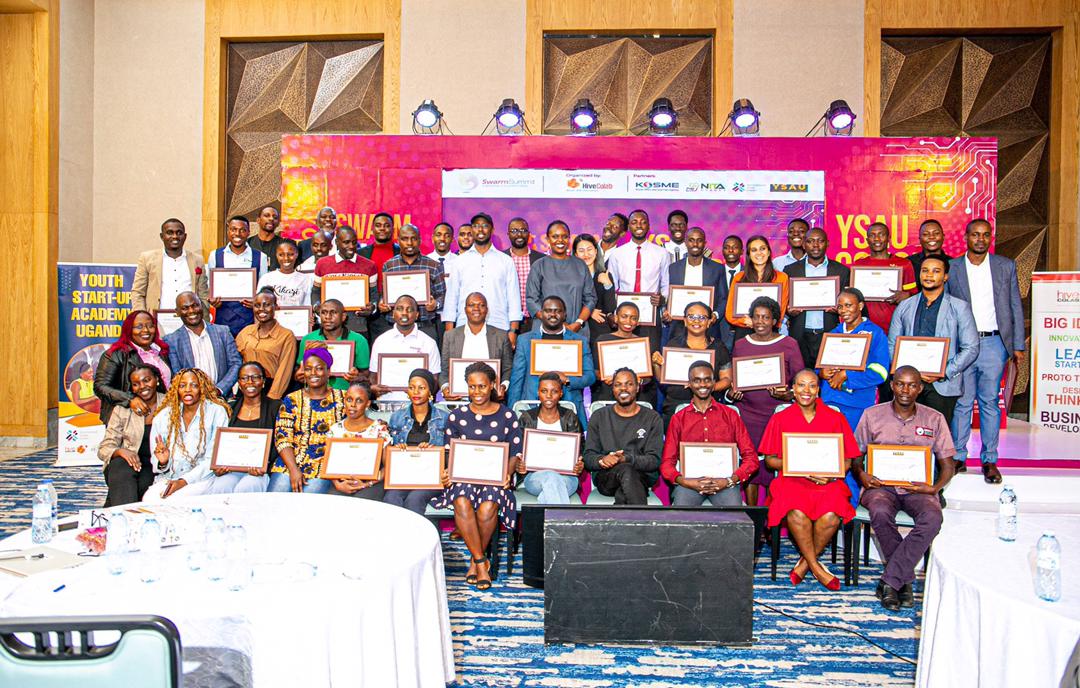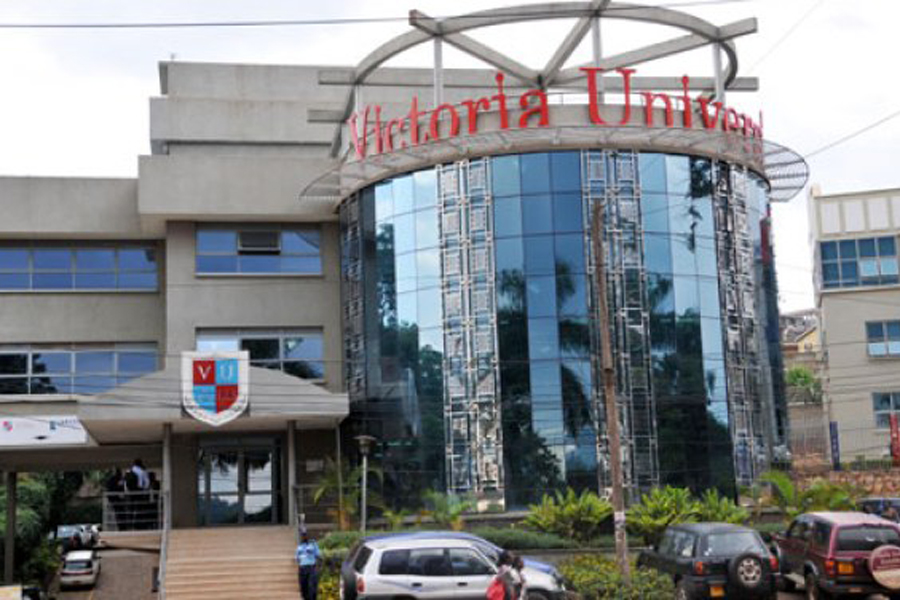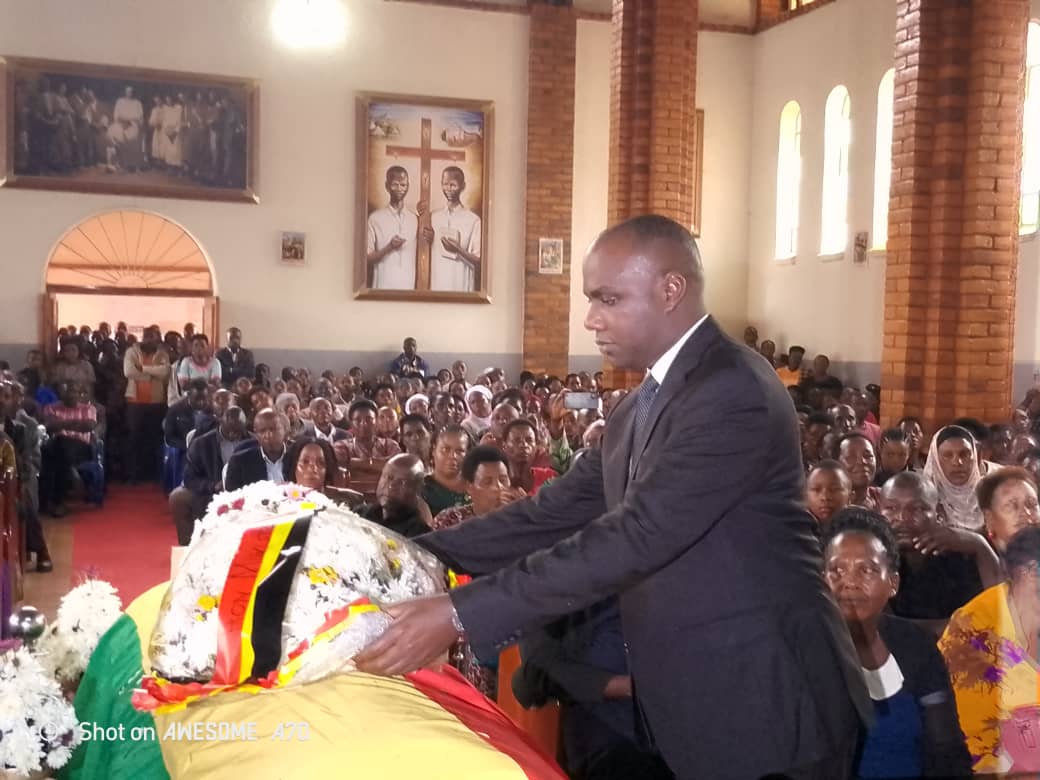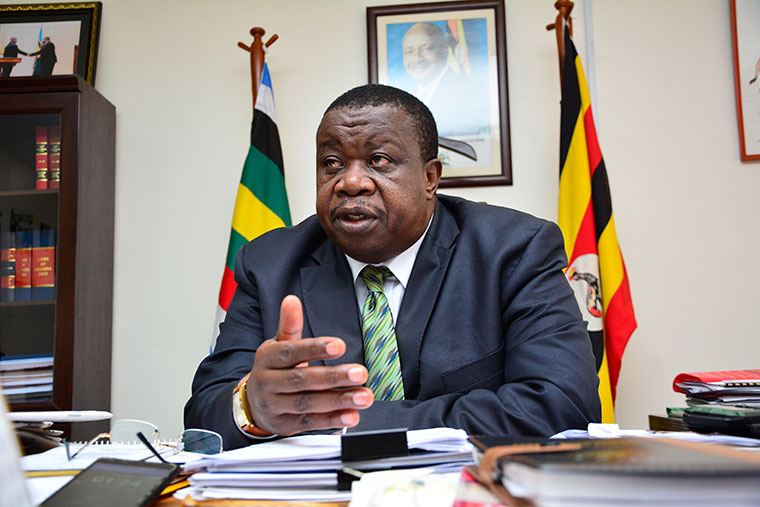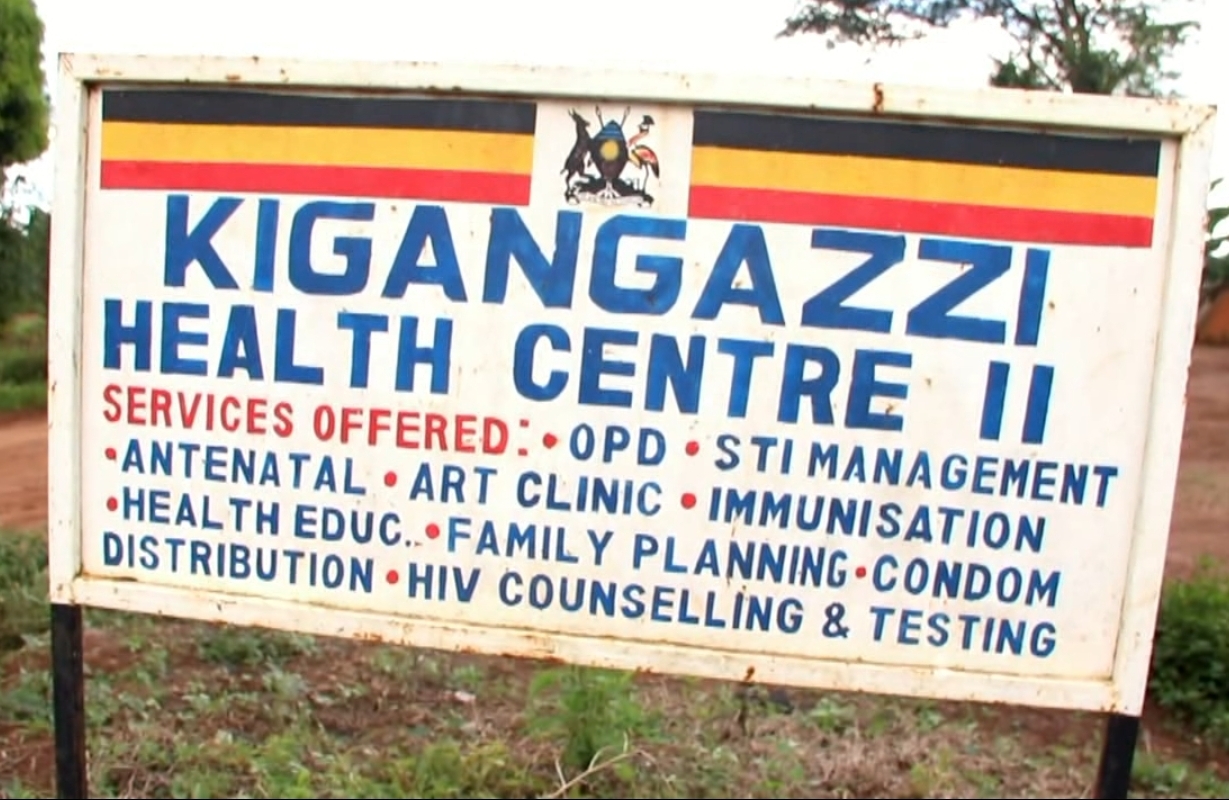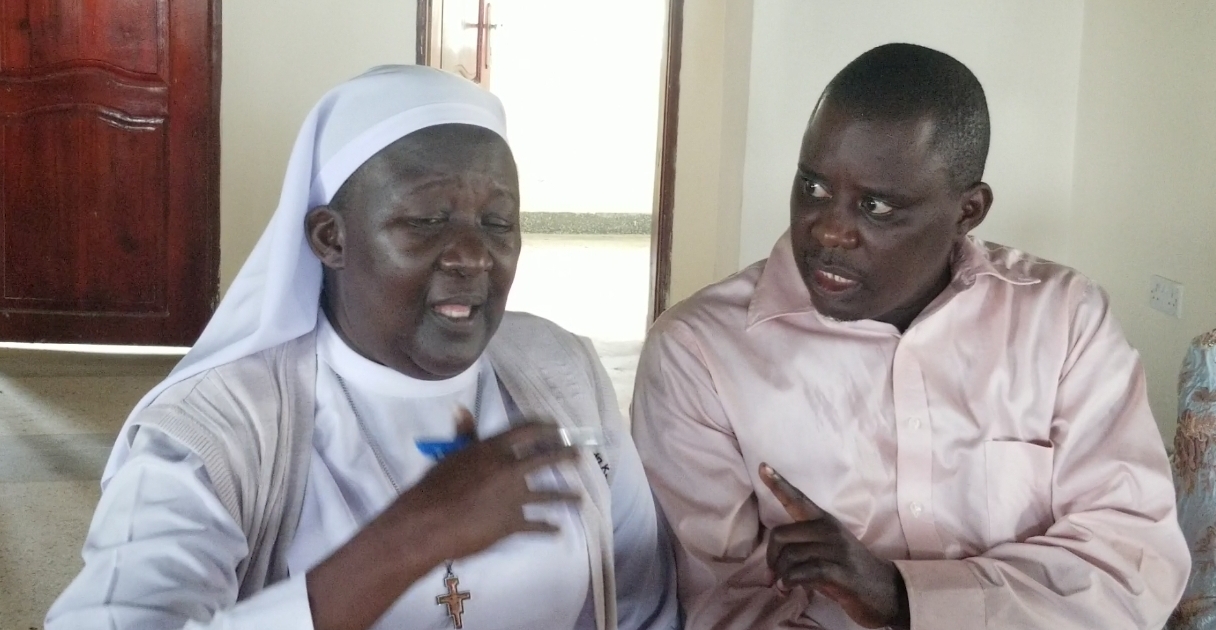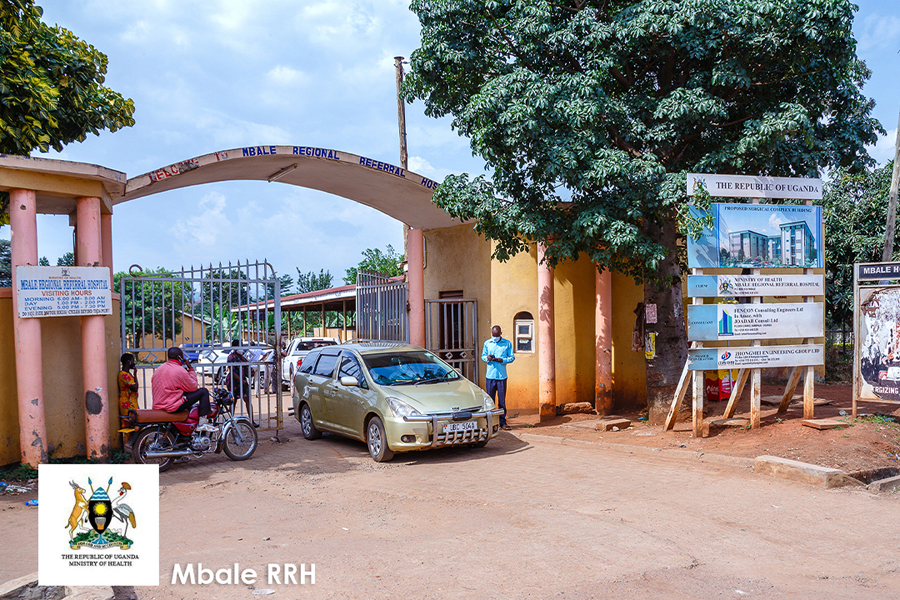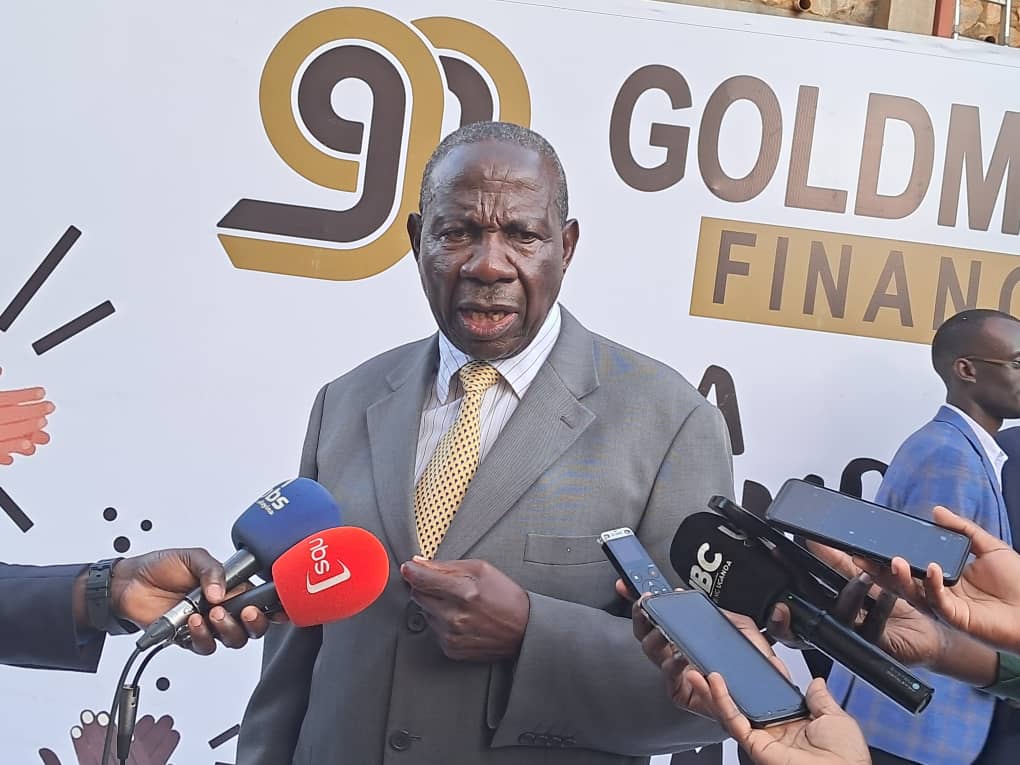Museveni tells sugar millers to leave out 'petty' farmers
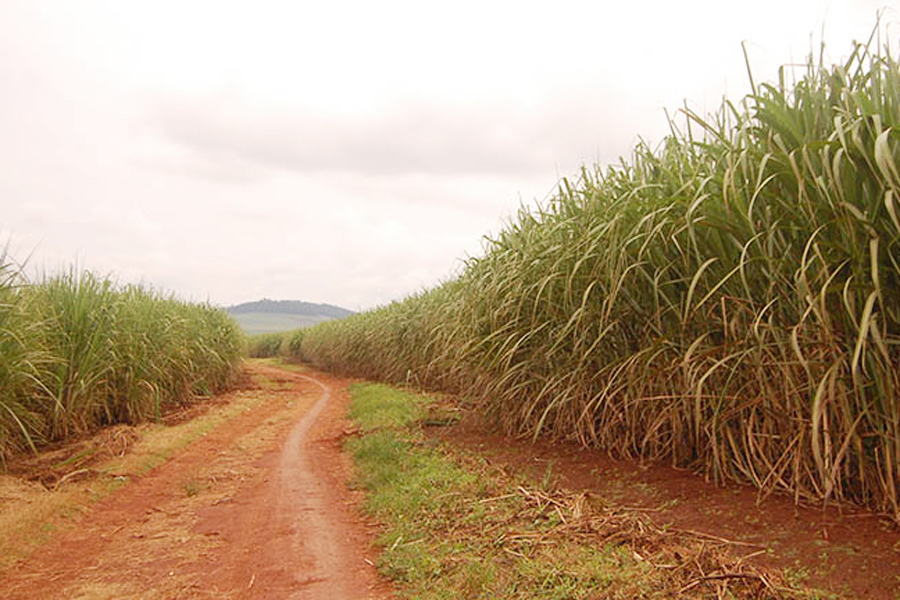
KAMPALA | President Museveni has directed sugar millers to focus on working with only large-scale farmers saying the industry is not profitable for those with less than 4 acres of farmland.
In a rather terse letter in which he told Mayur Madhvani to "stop involving our people blindly into unstudied schemes", Mr Museveni said farmers with four acres of land or less "need intensive agriculture enterprises such as coffee, fruits, dairy, poultry, etc".
"Regarding the sugar industry, I long ago advised you to leave the people of the 4 acres or less out," Mr Museveni said in the March 3 letter addressed to Mayur, a joint managing director at Kakira Sugar Ltd.
"Sugarcane is not good for them. Sugarcane can only make money if it is done on a big scale," the President added in response to Mayur's February 3 letter.
The Nile Post was unable to obtain a copy Mayur's letter to the President but sources at Kakira Sugar Ltd say the industrialist was seeking clarifications on wide-ranging issues, including the Sugar Amendment Bill, 2023, and the Ripon Falls Hotel redevelopment.
"I have seen your letter of February 3, 2024, regarding the sugar industry and the repair of the Ripon Falls Hotel. What are the impediments for the Ripon Falls Hotel rehabilitation? Remind me," the President said.
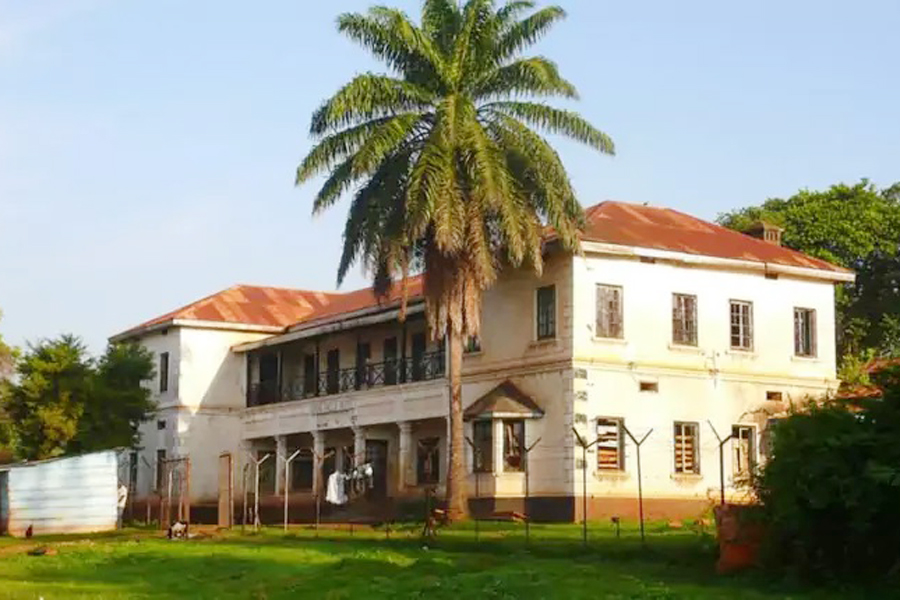 Ripon Falls Hotel
Ripon Falls Hotel
In 2021, Madhvani Group acquired ownership of Ripon Falls Hotel from Ali Fadhul Waris, a former governor and military officer during Idi Amin's regime, at Shs600m - which was a giveaway price for property of such immense historical value.
Waris had undertaken to sell off the property located on Plots 31, 33 and 35 Nile Crescent to raise funds for his medical bill.
He died on November 2,2021 at the age of 81.
But while Madhvani sought to refurbish the hotel, he hit brick walls as several parties claimed rights to the same property even after the industrialist secured a 99-year lease on May 12, 2022.
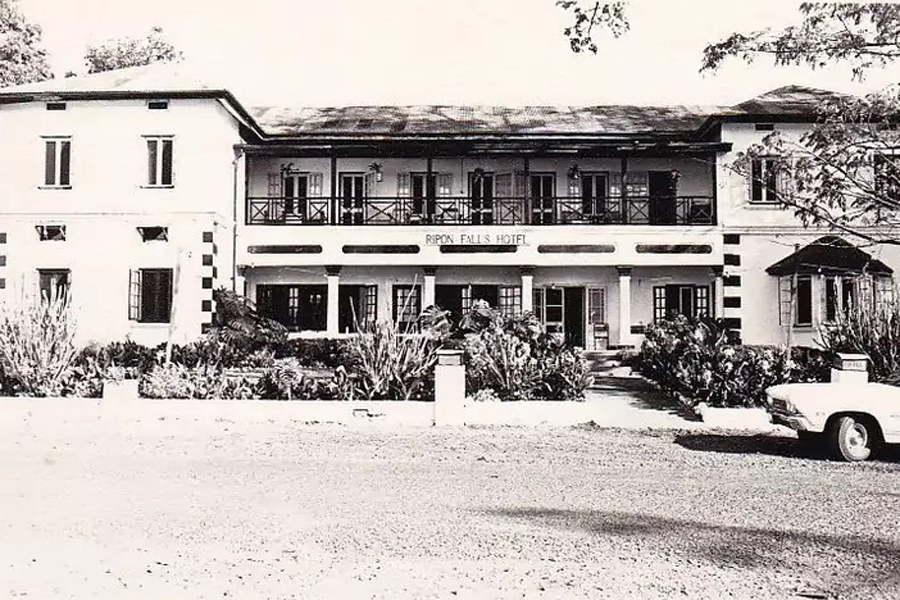 Ripon Falls Hotel in 1960s
Ripon Falls Hotel in 1960s
Ripon Falls Hotel was built in the early 1950s specifically to host Queen Elizabeth II, who was touring the continent at the time.
It was the third hotel built in Uganda by the British colonialists and the first in Jinja
At independence in 1962, the hotel was handed over to the government but it collapsed during Amin's eight-year reign as military officers grabbed - and mismanaged - several properties they could lay hands on.
At the time Madhvani Group acquired Ripon Falls Hotel, it was like an antique, housing a few dozen squatters in separate rooms.
However, while weathering down the claims from multiple parties, Madhvani's effort to refurbish the property that sits adjacent their leisure resort, the Jinja Sailing Club, hit another storm last year when the Ministry of Tourism moved to take over about 2,000 acres of land along the River Nile for tourism redevelopment.
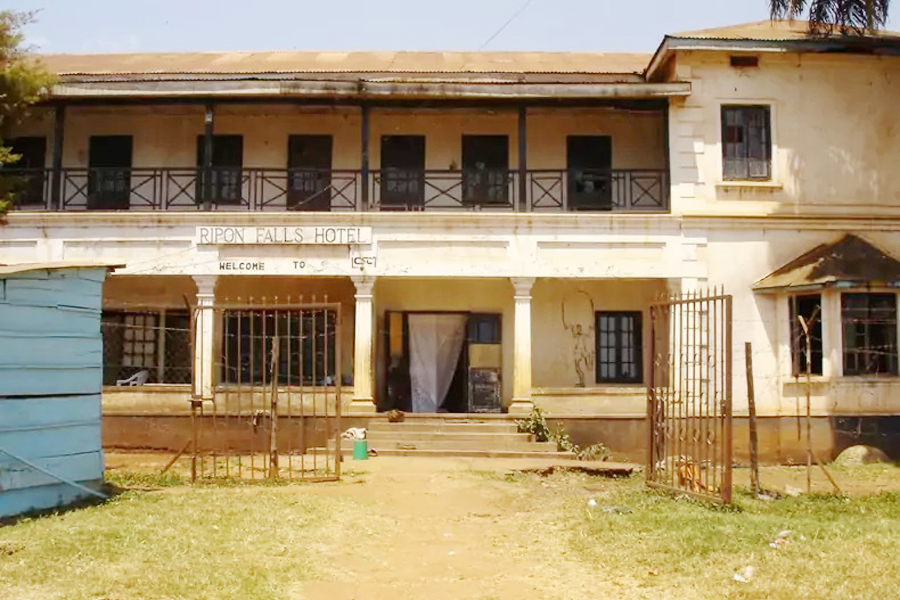 Ripon Falls Hotel today
Ripon Falls Hotel today
In the tourism ministry master plan, major infrastructure such as hotels and factories would not be taken over but dilapidated ones like Ripon Falls Hotel were to give way.
Mayur is said to have been left at sea by the developments on tourism in Jinja City.
However, a separate source told Nile Post that Madhvani needed Museveni's intervention to seal claims to the hotel and proceed with the redevelopment.
Among the top claimants has been Luwero Triangle state minister Alice Kaboyo's Cable International.
A crystal storm
 The expired sugar was meant to be destroyed through conversion to industrial ethanol
The expired sugar was meant to be destroyed through conversion to industrial ethanol
The Sugar (Amendment) Bill, 2023 has been a subject of intense debate, especially in the sugarcane growing regions like Busoga.
In February, the a clause that creates the Sugar Council brewed a crystal storm in a tea cup with bitter tastes in the mouths of many legislators.
The House failed to agree on the funding of the proposed Sugar Council, which if the bill is passed, will be the regulator of the sector.
The Sugar Act, 2020 created the Sugar Board as a regulatory organ but due to government’s rationalisation policy that halted the creation of such bodies, the board has never been established.
In the amendments, the government proposed for a council that it also says will be funded by a sugar levy charged on millers.
"Regarding the Sugar Council, both the processors and the cane growers should be represented," Mr Museveni said.
Jinja District Woman MP Loy Katali said leaving the regulation of the sugar industry to the proposed council will place farmers at the mercy of the millers.
“Sugarcane growers have struggled to be where they are, [now] when it comes to the council, it is going to be funded by the millers, meaning the farmers will be under the mercy of the millers,” said Katali.
Kagoma County MP Moses Walyomu said the Sugar Council will not be independent because it will be financed by the millers and such farmers will be subjected to millers.
Sugarcane farmers have over the last decade been frustrated by prices millers offer, a drop to Shs96,000 in 2021 leaving many burning their sugarcane for firewood.
The prices jumped to Shs240,000 in 2023 and the millers in Busoga Sub-region are currently buying raw cane at between Shs175,000 and Shs215,000 per tonne.
Mayur is said to have expressed concerns that some of the developments in the sugar industry, including the proposed sugar law, could affect the local industry's competitiveness on the global market.
Uganda's sugar has faced pressure from the Kenyan market in the last few years, with the neighbouring country regulating their import of the sweetener from Uganda.
But Mr Museveni has a solution.
"It is better for the sugar factories to grow their own cane," the President told Madhvani.
The directive, coupled with that in which Mr Museveni said farmers with no more than 4 acres of land should be left out of the nucleus system, could mean nearly half of the more than 10,000 farmers that supply Kakira Sugar Ltd alone will be left out.
Kakira is the largest sugar mill with capacity to crush up to 8,500 tonnes of cane per day - over 2.2 million tonnes of cane crushed per year to produce over 180,000 tonnes of sugar annually.
Mr Museveni, in the letter in which he copied in other sugar millers, advised that the price of cane should be considered by first lookin at the international price of sugar per tonne.
"You should, then, work backwards and scientifically calculate the farm-gate price for the cane of the out-growers," he said.
"Confining yourselves to raw sugar, you need to be clear about Uganda's disadvantage as a sugar producing country. Given our altitude, our sugar yield per cane is 8 percent compared to 14.18 percent for Swaziland, 15 percent for Brazil, 12.16 percent for Sudan."
The President said millers should look at producing ethanol, electricity, molasses for animal feeds, and industrial sugar to boost their earnings instead of stressing themselves over demands from farmers.
Kakira has over the last decade been producing electricity from bagasse. It also built a multi-billion shilling distillery from which it produces both industrial ethanol and refined alcoholic drinks.
"I suspect that this broadening of the spectrum of the products would enhance our earnings and competitiveness in the interior of Africa," Museveni said.


